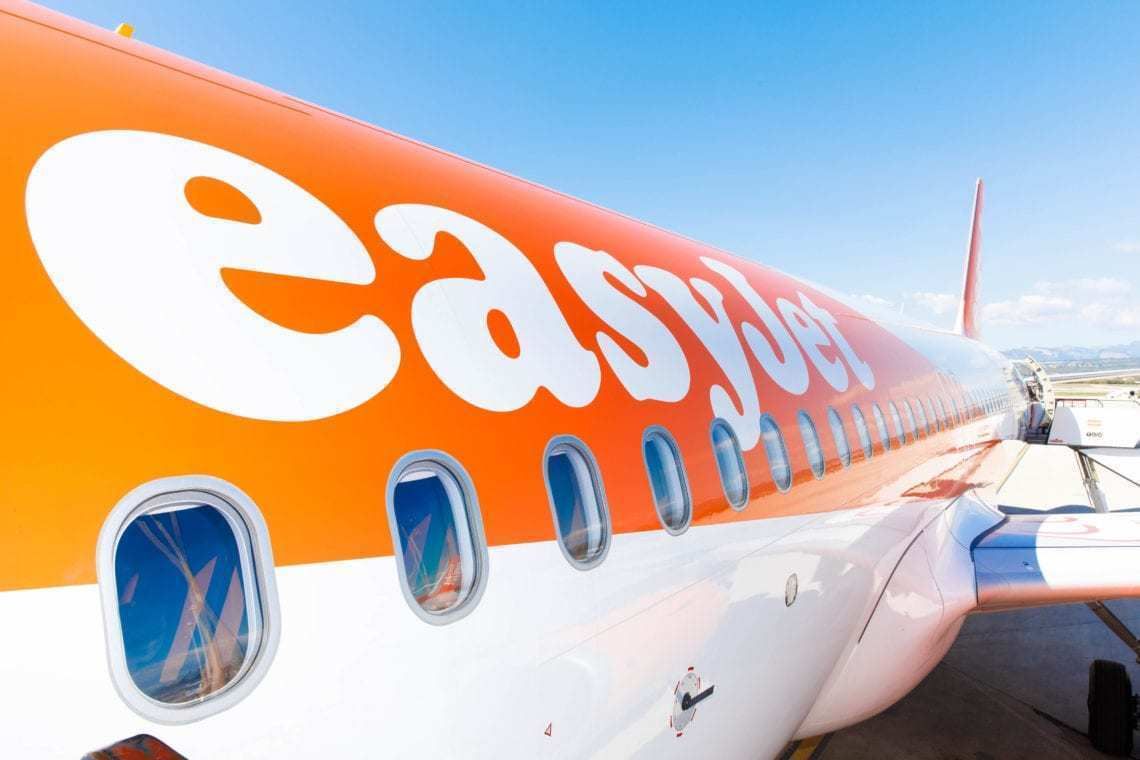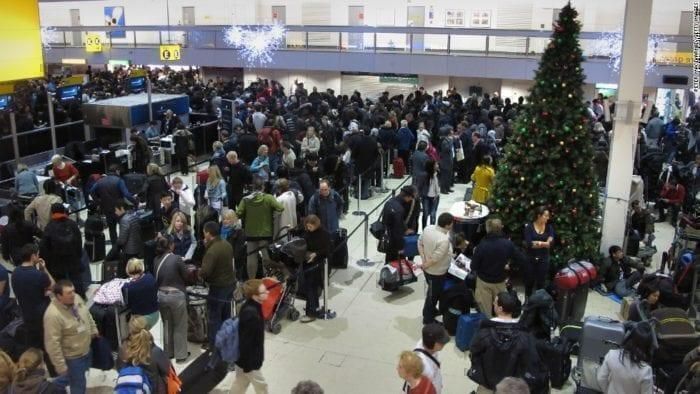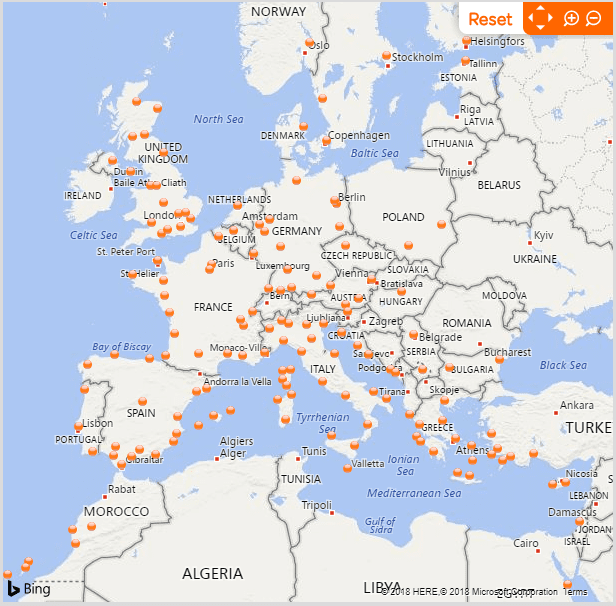Whilst Brexit remains unresolved and uncertainty continues, easyJet is the latest airline to suffer its ill winds. The low cost carrier has posted a record loss of £275 million in the March 2019 financial quarter and has issued a Brexit warning.
Future passengers are keeping their wallets and purses firmly closed in the face of a potential no deal Brexit. They are worried about the absence of a long term post Brexit air services agreement between the UK and the EU, and uncertainty over security processes and border management.
Johan Lundgren, easyjet’s CEO blamed “macroeconomic uncertainty and many unanswered questions surrounding Brexit”
A hard Brexit unlikely to ground flights.
While Theresa May attempts to get her latest Brexit plan through UK Parliament and rumours swirl of stepped up planning for a no deal Brexit, the prognosis for flights between the UK and the EU may not be as disastrous as some predict.
Understandably, UK and EU airlines have had significant concerns about the post Brexit aviation environment. However, both the UK and the EU have recognised that air traffic across the Channel cannot simply cease in the event of a no deal Brexit.
The UK government has prepared a draft regulation designed to keep UK airlines flying until at least March 2020, in the event of a no deal Brexit. This agreement has been provisionally agreed to by the Council of European Union representatives in an effort to keep “basic connectivity” between the UK and EU.
While this should provide some breathing space for all airlines, including easyJet, it is time limited and only a temporary solution. It provides some comfort but is not the long term air service agreement airlines and their passengers need.
Getting out of the UK
Like many other UK businesses, airlines such as easyJet are taking matters into their own hands and have advanced hard Brexit plans in the pipeline.
Already, British Airways’ owner IAG has been in talks with the Spanish government as it considers becoming a Spanish company. easyJet has not announced such dramatic contingency plans, but it has been active in moving beyond its Luton base.
easyJet has set up extensive operations in Europe, with bases in Vienna, Geneva and Berlin as a hedge against a worst case scenario no deal Brexit. Currently, 30% of easyJet’s scheduled flights are outside the UK but within EU member states. This figure set to increase as the airline has been reported to be shifting the licences of its 1400 pilots from the UK to Austria as fears increase that UK issued pilot licences won’t be recognised in the EU.
While this seems to be a fairly sensible strategy, the European low cost carrier market is ruthlessly competitive and the cost pressures experienced there are also factors in easyJet’s latest financial loss. As previously reported, increased competition has resulted in fare wars. These are great for passengers who like a rock bottom fares but no so good for the airlines.
Low cost carriers like easyJet already have minimal fat to trim from operating costs. In the current environment, where competition is putting downward pressure on fares and fuel costs are rising, easyJet's latest financial result should surprise no-one.
Uncertainty over Brexit only adds to the list of potential problems.
easyJet is not the only airline hitting headwinds. Many European airlines are under financial pressure, including full service airlines like Lufthansa who posted a £336 million loss last quarter.
But EasyJet remains optimistic
Johan Lundgren, easyJet’s CEO, remains optimistic,. He notes that the airline has the strongest balance sheet in aviation, and that easyJet’s financial expectations for 2019 are “broadly in line with current market expectations.”
On the back of “operational resilience” and meeting passenger expectations, Lundgren is expecting to meet easyJet’s 2019 full year profit expectations of £440 million.
Despite easyJet’s latest financial loss, the airline is clearly confident about its future and ability to manage the challenge Brexit poses.



